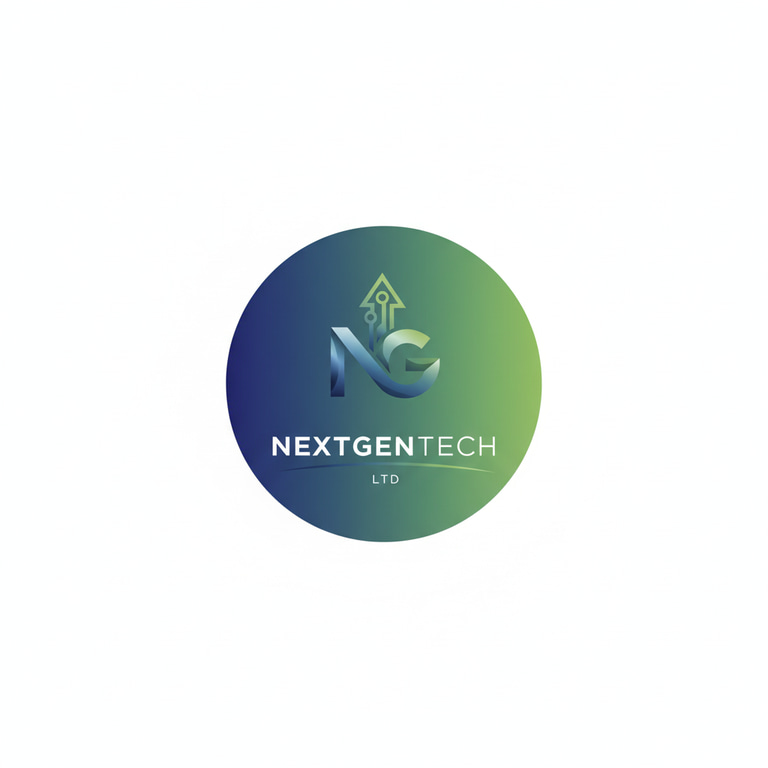Will Humans Lose Their Jobs Because of AI? Joining the Global Conversation
9/19/20252 min read


Introduction
The rise of artificial intelligence (AI) has sparked significant debates worldwide, with one of the most pressing concerns being the potential loss of jobs for humans. Automated systems are becoming increasingly capable of performing tasks traditionally carried out by human workers. This evolution prompts inquiries about the future of work and the nature of employment in a rapidly changing environment.
The Shift in Employment Dynamics
As AI technology continues to advance, entire industries are experiencing significant transformations. Jobs involving repetitive tasks, such as data entry, assembly line operations, and even basic customer service, are among those most at risk. Automation systems can execute these tasks more efficiently and accurately than human laborers, leading many to speculate that widespread job displacement is imminent.
However, it's essential to recognize that while certain jobs may vanish, new roles are emerging in tandem with technological advancements. Professions in AI development, machine learning research, and data analysis are becoming increasingly important. Hence, the conversation should not solely revolve around job losses but also on how AI could enhance job creation in new fields.
The Global Conversation
This ongoing dialogue about AI and employment extends beyond borders and engages various stakeholders in diverse fields. Economists, tech entrepreneurs, policymakers, and labor unions are all part of this critical conversation. Each group presents unique insights into how AI can influence employment landscapes and what measures need to be taken to mitigate potential job losses.
For instance, economists often argue that while automation may replace some jobs, it can also lead to greater productivity and economic growth, ultimately creating new employment opportunities. Meanwhile, labor unions focus on protecting workers' rights, advocating for training programs to help those displaced by AI transition into new job markets.
Preparing for the Future
As society navigates the complexities of AI's impact on jobs, it is imperative to prioritize education and reskilling initiatives. By investing in workforce development and ensuring that individuals are equipped with the skills necessary for the jobs of the future, we can alleviate concerns surrounding job loss due to AI.
Moreover, collaboration between governments, educational institutions, and businesses is essential for establishing a balanced approach to technological integration. By fostering a proactive dialogue about job transition and industry needs, these stakeholders can create strategic frameworks that support both workers and technological progress.
Conclusion
While the advancements in AI undoubtedly raise concerns regarding job security for many individuals, the conversation should encompass a broader perspective. It is crucial to engage various voices in this debate to drive awareness, prepare the workforce for inevitable changes, and explore the opportunities AI can create alongside its challenges. Only through collective effort and open communication can society successfully navigate the evolving landscape of work in the age of artificial intelligence.
